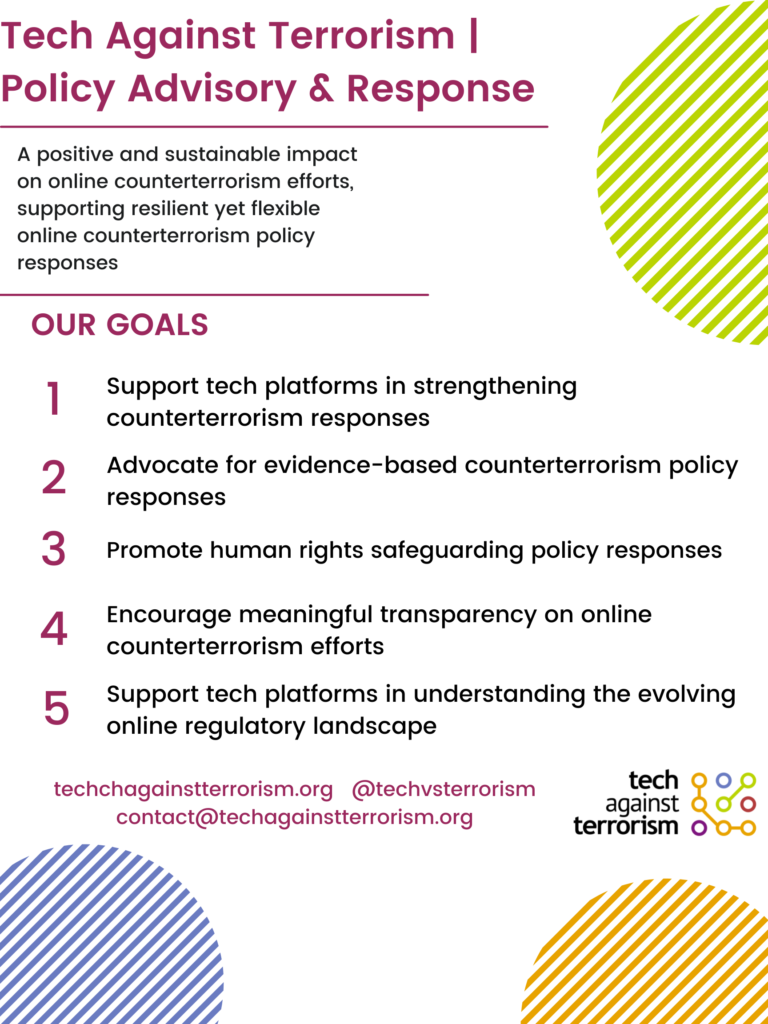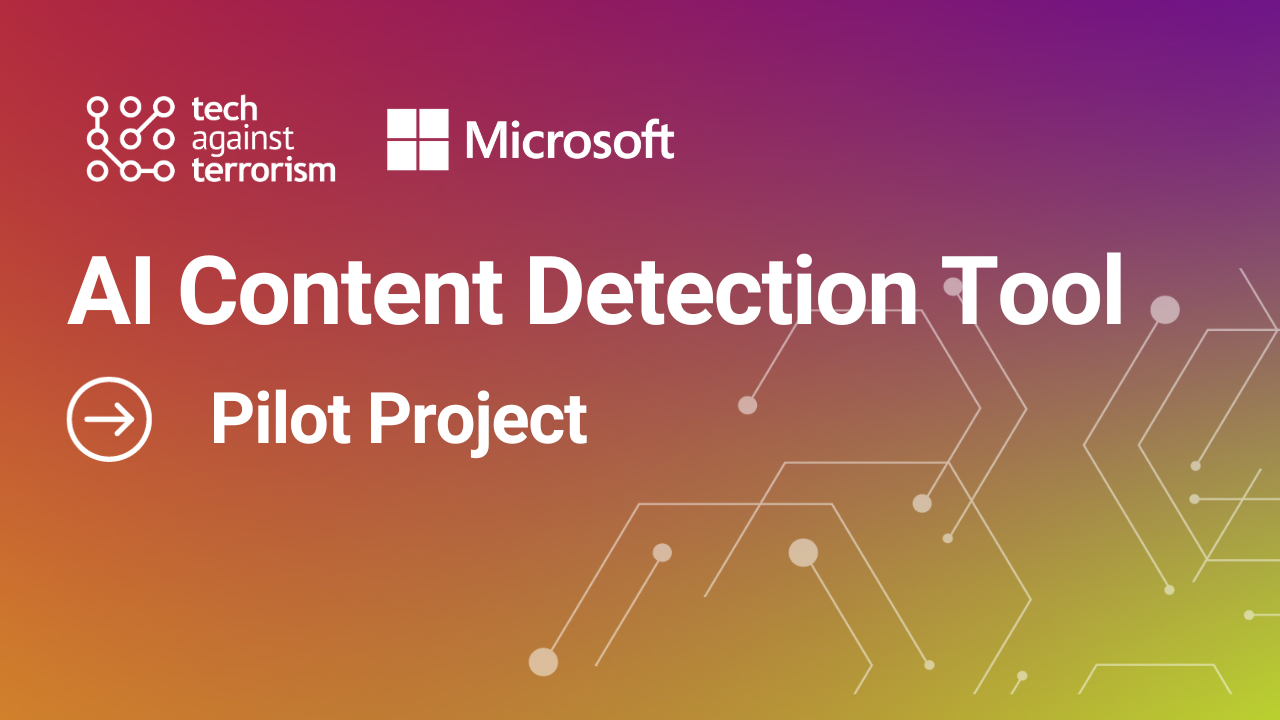Tech Against Terrorism at TechHub London
On 15 February, Tech Against Terrorism held an introductory event to present our work at TechHub London, who kindly hosted us for the evening. The...
2 min read
Tech Against Terrorism Apr 4, 2020 11:51:00 AM
Highlights from Tech Against Terrorism, 2019
The year 2019 saw a number of examples that showcase the ways in which terrorist use of the internet is a constantly evolving threat. The most high-profile case was the Christchurch attack in March 2019, where the perpetrator live streamed his murder of 51 people at two mosques. As shown in research conducted by Tech Against Terrorism, 2019 also saw terrorist groups like the so-called Islamic State (IS) and other violent extremist far-right groups continue their experimentation with new technologies, including the decentralised web and open source licensing. Both tech companies and governments have responded to many of these challenges. Following the Christchurch attack, industry bodies like the Global Internet Forum to Counter Terrorism (GIFCT), Europol, and the Christchurch Call to Action (an initiative launched by the governments of New Zealand and France) all initiated protocols aimed at stifling the viral proliferation of terrorist content in relation to terrorist attacks. These initiatives were then deployed in the Halle attack in Germany, where the live stream of an attack on a synagogue failed to reach the same level of virality as the Christchurch attack – in large part thanks to the cross-industry responses around crisis coordination that had been put in place. While terrorist use of the internet continues to evolve, smaller tech platforms remain at high risk of exploitation. Several smaller companies being used by terrorist groups – whether they be messaging, fintech, e-commerce, or content-sharing apps – do not have the resources necessary to tackle this threat. At Tech Against Terrorism, our focus lies on supporting these smaller platforms in tackling terrorist use of their services whilst respecting human rights. In 2019, we expanded our programme of work to include a more diverse set of approaches in supporting the tech industry to include:
In this report, we have provided a detailed summary of our activities in the past year across our three workstreams: outreach, knowledge sharing and operational support. We welcome feedback on our work from our stakeholders including tech companies, civil society groups, governments and inter-governmental organisations, as well as the public.
On 15 February, Tech Against Terrorism held an introductory event to present our work at TechHub London, who kindly hosted us for the evening. The...


Tech Against Terrorism and Microsoft are partnering on the development of an AI-powered tool for detecting terrorist or violent extremist content...